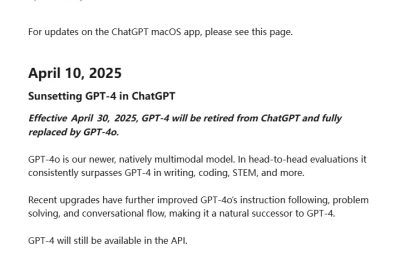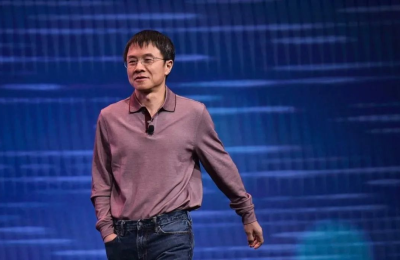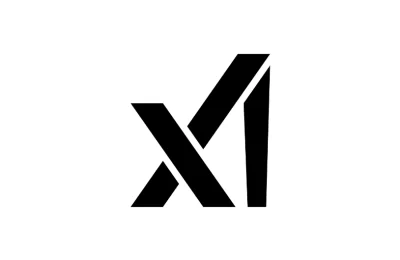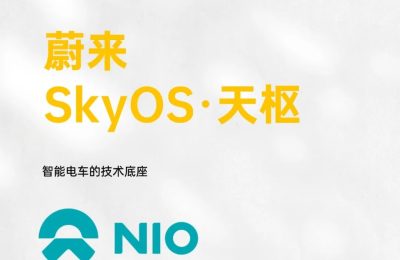"Hello, I'm a Mac," the voice resonates with a familiar ring, echoing the iconic 2006 Apple advertisement that pitted the sleek Mac against the clunky PC. It was a battle of wits and technology, a narrative that has played out in the minds of consumers ever since.
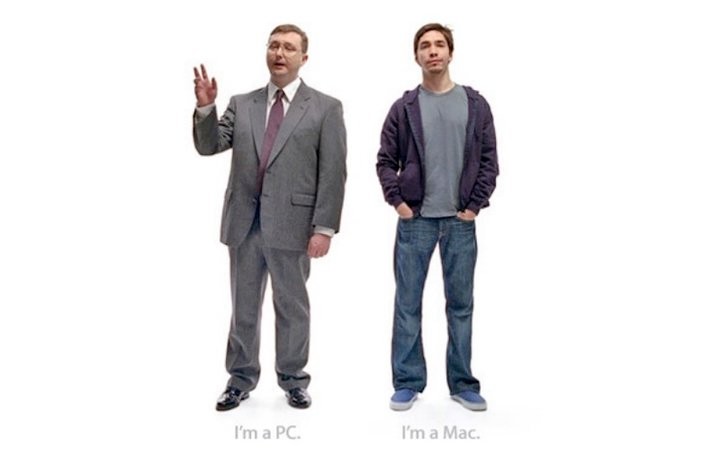
Steve Jobs, the maestro of innovation, led the charge with 66 commercials that not only showcased Apple's distinct product ethos but also subtly jabbed at the "stodgy" corporate behemoths like Microsoft. Yet, the sands of time have shifted, and the once-mighty Apple now finds itself trailing in the AI revolution, a stark contrast to its pioneering past.
According to a Bloomberg report on the 28th, Apple's personal AI system, "Apple AI," is set to be delayed until late October, lagging behind the September release of iOS 18 and the latest iPhone 16. What has caused this setback in Apple's AI journey, and how do Chinese smartphone manufacturers fare in this new era of AI-driven phones?
Apple AI: A Latecomer to the AI Party
Apple AI was first unveiled by Tim Cook at the WWDC in June, promising updates in large models, Siri, voice recognition, and AI photo editing. Despite analysts claiming a turnaround for Apple in the AI arena, the market response was lukewarm, with Apple's stock plummeting over 2%, erasing $58 billion in market value in a single day.
However, Wall Street institutions like DA Davidson, JPMorgan, and Bank of America countered this sentiment by raising their target prices for Apple, bullish on the prospects of the iPhone 16 with Apple AI driving a new cycle of device upgrades. This optimism propelled Apple's stock to rebound, surging over 20% between June 11 and July 15.
But the recent retreat of US tech giants and the delay of Apple AI have sent Apple's stock tumbling over 5% in the past week. The stock dip can be attributed to two main concerns: the market's skepticism about the short-term impact of Apple's substantial AI investments on performance, and the fact that the features showcased at WWDC are already standard in Samsung and Xiaomi devices, making Apple a follower rather than a leader in AI smartphones.
While Apple introduced Siri in 2011 with cutting-edge NLP technology, the advent of large language models (LLMs) has since overshadowed NLP, and Apple's AI strategy has been notably conservative. After the global sensation of ChatGPT, tech titans like Microsoft, Google, and Meta swiftly integrated AI into their products, leaving Apple lagging.
Only in 2024 did Apple seemingly accelerate its AI efforts, emphasizing AI integration with products and announcing a partnership with OpenAI. The release of the Apple AI beta on the 30th of July brought improvements in homegrown models, text generation, Siri, and photo album processing. However, these enhancements are limited to registered developers paying $99 a year, compatible only with M-series and A17 Pro chips, and requiring users to switch to US English settings, with even then, access is granted through a waiting list.
AI Smartphones: Chinese Manufacturers Take the Lead
Perhaps Apple's hesitation in the AI domain has opened the door for Chinese manufacturers to seize the initiative. In 2023, Huawei was the first to integrate large models into smartphones, adding complex tasks like text generation, knowledge retrieval, and intelligent arrangement to the phone's capabilities.
Other manufacturers quickly followed suit. Xiaomi streamlined its large language model and integrated edge models into more smart devices, expanding AI smartphone scenarios; vivo introduced the Blue Core large model, focusing on lightweight processing for localized data; OPPO launched the Find X7 with AI call summaries and noise cancellation; and Honor partnered with Baidu's smart cloud, also introducing edge AI large models.
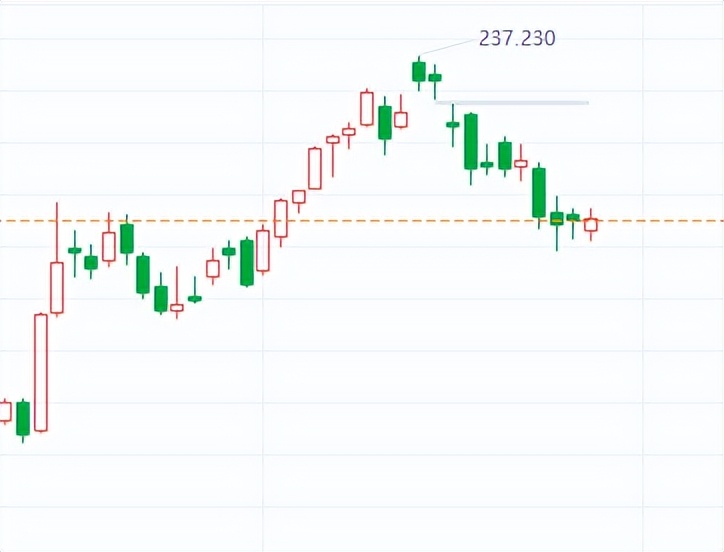
Behind this scramble for market share is the enormous potential and growth rate of the AI smartphone market. IDC predicts that global AI smartphone shipments will reach 170 million units this year, accounting for 15% of smartphone shipments, with the Chinese market expected to account for 51.9% of AI smartphone shipments by 2027, totaling 150 million units.
Counterpoint Research data shows that in the first quarter of 2024, the number of smartphone models with GenAI capabilities exceeded 30, mainly high-end smartphones (over $600), accounting for 6% of global smartphone sales, a more than threefold increase quarter-over-quarter.
In this AI smartphone wave, Chinese smartphone manufacturers, with their early technological investments and product first-mover advantages, have captured a significant share in the international market. Currently, Chinese brands account for one-third of the global market for GenAI smartphones, occupying six out of the top ten best-selling GenAI smartphones worldwide.
According to IDC data, in the second quarter of 2024, Vivo, Huawei, OPPO, Honor, and Xiaomi firmly occupied the top five spots, pushing Apple out of the list.
Huawei Leads the Charge, Chinese Innovation Accelerates
Function-wise, most Chinese smartphone AI focuses on dialogue and photography, emphasizing AI performance in specific software applications. In contrast, Apple aims to embed AI into the entire iOS ecosystem from the ground up, enabling multimodal and multi-software AI function linkage. This is something most domestic manufacturers have yet to achieve.
Delaying the release of Apple AI is also a form of obsession for Apple, akin to Jobs' pursuit of perfection. "Late to the game but first to cross the finish line," thoroughly reconstructing the usage scenarios and productivity of all iOS ecosystem products is in line with Apple's consistent style.
Currently, the only one that can match Apple's self-developed ecosystem is Huawei, using the "Pangu large model + HarmonyOS ecosystem" to compete with Apple's "self-developed model + iOS ecosystem," enabling cross-APP AI calls and allowing terminal devices to perform more complex human-computer interaction methods.
Previously, Xiaomi attempted to embed AI into Hyper OS, and OPPO proposed a 1+N intelligent body ecosystem strategy. These phenomena indicate that following the consensus of "AI + underlying ecosystem" formed by Apple and Huawei, other domestic manufacturers are also accelerating their pursuit.
In this pursuit, we can see a trend. In the past, in the technology industry (consumer electronics, AI, new energy), US tech giants (Apple, Google, Tesla) earned most of the industry's profits with technological monopolies, while Chinese companies were more responsible for production and assembly.
Now, this situation has changed. Since 2024, Huawei's return to the consumer electronics market has re-launched an impact on Apple, Baidu has taken the lead in the autonomous driving field with its investment in AI, and BYD, Weilai, XPeng, and Li Auto have surrounded Tesla with more advanced electrification and intelligence technology.
From this perspective, with a larger user and data accumulation and a more complete industrial chain cluster, Chinese tech giants have achieved a transformation from being behind to being on par.
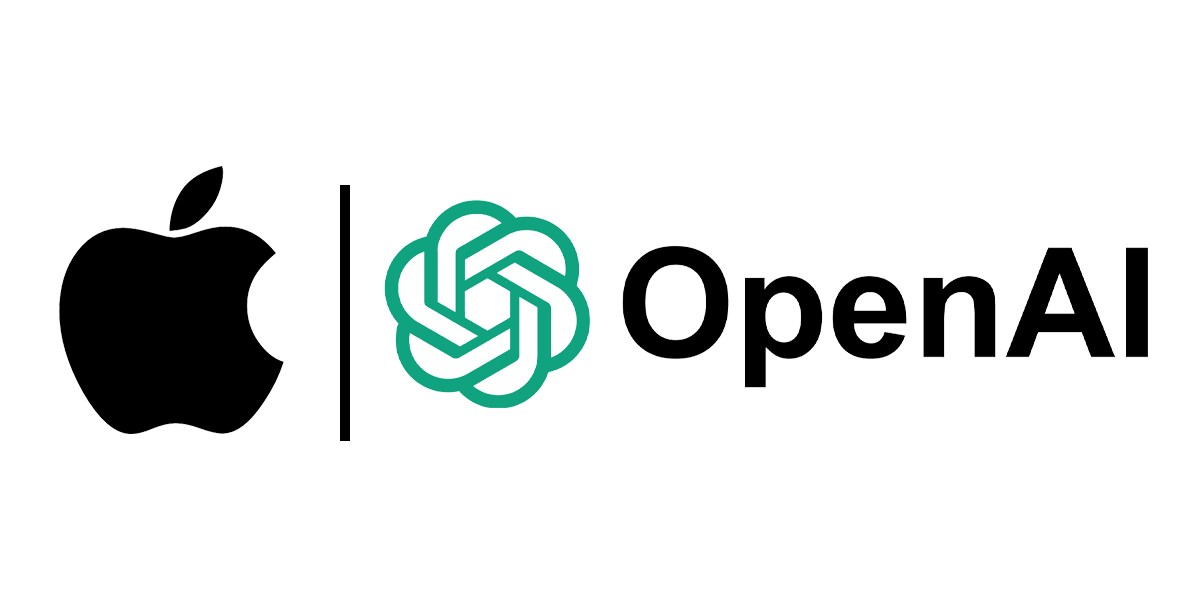
And it can be anticipated that this transformation will continue. After all, there is no end to the competition in technology, the past Internet was like this, and the current AI will still be the same. All changes are just to let the participants stand at the starting point again and again.

